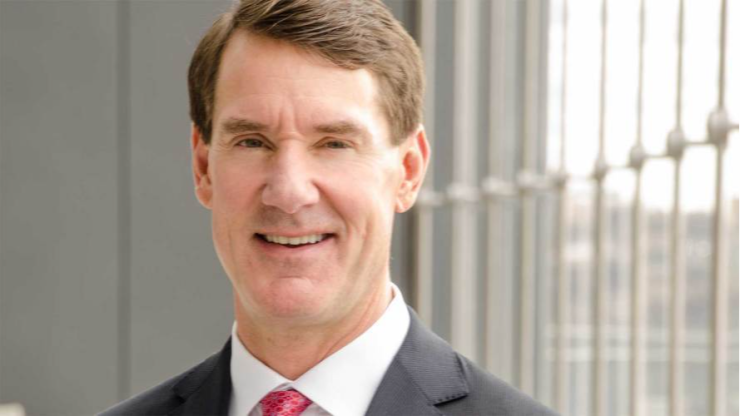By any measure, PNC Financial Services Group’s $11.7 billion acquisition of BBVA’s U.S. unit went off without a hitch.
PNC
But striking such a deal going forward is about to get harder in the wake of President Biden’s

"It is safe to say that a larger deal in today’s environment would get much more political scrutiny and noise than we did with the BBVA deal,” Demchak said during the company’s second-quarter earnings call with analysts. “That weighs on us."
Biden’s order directed the Department of Justice in consultation with the Federal Reserve, the Office of the Comptroller of the Currency and the Federal Deposit Insurance Corp. to review what changes could be made to the approval process over the next six months. The administration is concerned that consolidation could be raising borrowing costs for consumers and that branch closures caused by mergers could be cutting off access to financial services in communities of color.
Demchak’s reaction to the Biden order is an indication that the industry has taken notice that deals like the one for BBVA will be harder to come by. Demchak said on the call Wednesday that the bank might be open to smaller acquisitions, but asking prices “today seem way too high to me.”
The BBVA deal was PNC’s largest bank acquisition since Cleveland-based National City in late 2008.
BBVA contributed an estimated $316 million in total revenue and $153 million in net income to PNC in the second quarter.
Overall, PNC reported $1.1 billion in net income for the quarter, rebounding from a $744 million loss during the same period last year when the COVID-19 pandemic took hold. Net income was down 39% from the previous quarter due mostly to an initial loan-loss reserve the company had to set aside for the BBVA acquisition.
PNC was able to recapture $648 million of reserves for credit losses on its own book of loans, a move that has helped boost earnings in recent quarters. But the company set aside $1 billion in an initial provision for credit losses, which included some integration costs, on BBVA U.S. loans that were absorbed as part of the acquisition.
The acquisition added $291 million in delinquent loans, pushing PNC’s total to $1.3 billion at June 30.
There were some signs of long-awaited loan organic growth.
Total loans at PNC increased 24% over the previous quarter to $294.7 billion. BBVA added $60.5 billion to the total, but PNC reported its own slight increase on the consumer side. There was still a 2% decline in PNC’s own commercial loans as paydowns surpassed new originations.
Demchak said credit line utilization increased some over the second quarter but still remained near historic lows.
“We’re actually winning a lot of clients, and we’re extending facilities at a pace beyond where we’ve been for a bunch of years,” Demchak said. “The problem is they’re just not drawing on them.”
PNC’s shares rose sharply after the results were announced early Wednesday but were down 1.3% by midday.
Still, analysts were generally pleased with the second-quarter results.
“After sifting through the noise, PNC’s core [second-quarter] results look better than we had anticipated on a combination of a big negative provision and good fees,” Piper Sandler analyst Scott Siefers said in a note to clients.
PNC said the conversion of BBVA’s customers, branches and systems is expected to be completed by October. The company said it’s on track to realize $900 million in expense savings next year.
PNC executives said that growing interest income will remain a challenge, as loan demand still is tepid and the Federal Reserve is expected to hold its main borrowing rate near zero until late 2023.
Until then, the company is relying more on fee income to bolster its bottom line.
PNC reported a 35% year-over-year jump in noninterest income to more than $2 billion for the second quarter. The increase was driven by higher charges on deposits as more transactions took place and fee waivers put in place during the pandemic last year expired. PNC also reported a 38% increase in corporate service fees, due in part to more M&A advisory activity.
The company is reducing its reliance on some charges after
Noninterest income now makes up 45% of PNC revenue, up from 38% just one year ago, according to its earnings presentation.





